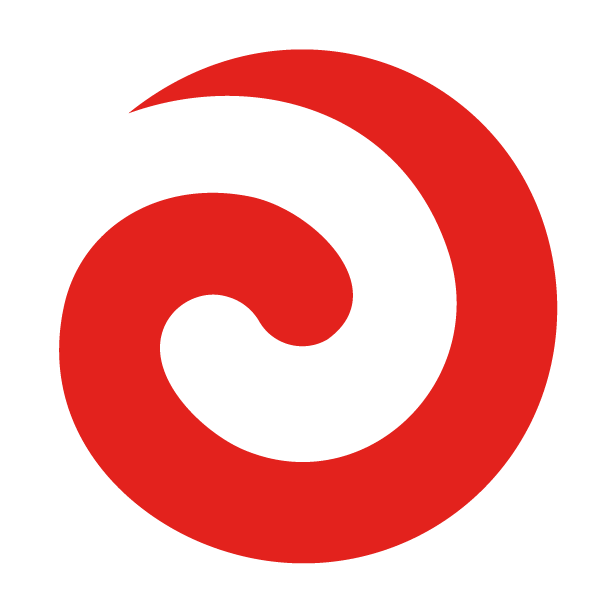Māori-owned tourism business Whale Watch Kaikōura is to receive up to $1.5 million to help it recover from the impact of the Covid-19 lockdown.
Tourism Minister Kelvin Davis says the funding is part of the $400 million Tourism Sector Recovery Plan.
“Whale Watch Kaikōura is one of New Zealand’s best-known, iconic tourism businesses, providing millions of people with up-close whale encounters for more than 30 years – supporting hundreds of jobs and other sectors,” Davis says.
Whale Watch Kaikōura was founded in 1987 in the upper South Island to create jobs and an economic base for local Māori and has become one of New Zealand’s most iconic Māori -owned tourism companies.
It is one of the region’s largest locally owned employers and has won many tourism awards.
“By safeguarding this key destination tourism asset, we are also providing vital support to the Kaikōura community. Whale Watch is a major drawcard for the area, with its visitors supporting the local economy through accommodation, hospitality, retail and other activities.”
Add to...
to add this video to a playlist.
Whale Watch Kaikoura back in survival mode due to COVID-19 / Te Ao
General manager Kauahi Ngapora says the $1.5 million will go towards his core staff made up of 40 workers.
"This funding allows us to hold on to what is one of our most cherished assets and that is our people...Being able to take them with us for the 12 to 18 months, so that's pretty important. That's a pretty big chunk of the workforce here in the small town of Kaikōura, and when I say 40 people, that's 40 families."
He says the business has been in survival mode since Covid-19 hit and went from receiving up to 800 customers to none.
“Covid-19 has definitely put us on the back foot again and I guess it’s been crisis after crisis. So I guess it had taken a toll on the town.”
The business earlier had to bounce back from the major earthquake in 2016 in the town and subsequent limited road and rail access.
"With Covid-19 is the uncertainty. We normally go back and we reflect on the earthquake and with the earthquake, we could plan because we knew when the roads opened when our marina was rebuilt, that we would be able to get back in and there was a timeline with that."
Domestic tourism only makes up about 20 per cent of those coming through the door, Ngapora says, with the other 80 per cent from people overseas.
“Domestic will never replace the international market."
He says the new funding will also go towards targeting the domestic market.
"On the fourth of July we will be opening up again for commercial whale watching tours targetting the domestic market and so we've timed it for the July school holidays. So I can tell you our team are really, really excited to do what we do best and to get out there and see those kaitiaki."
Davis says the government’s $400 million recovery plan will play an important part in the rebuilding of the tourism industry.
“While our borders remain closed as our first line of defence against Covid-19, there are strategic tourism assets across the country we can’t afford to lose.”
Last week the Strategic Tourism Assets Protection Programme invested up to $4 million in Discover Waitomo and up to $20.2 million in New Zealand’s 31 regional tourism organisations, bringing investment to date from the programme to $25.7 million.
Davis says the government will continue to work with tourism operators in Aotearoa to help the sector’s recovery and the country’s economic rebuild.


